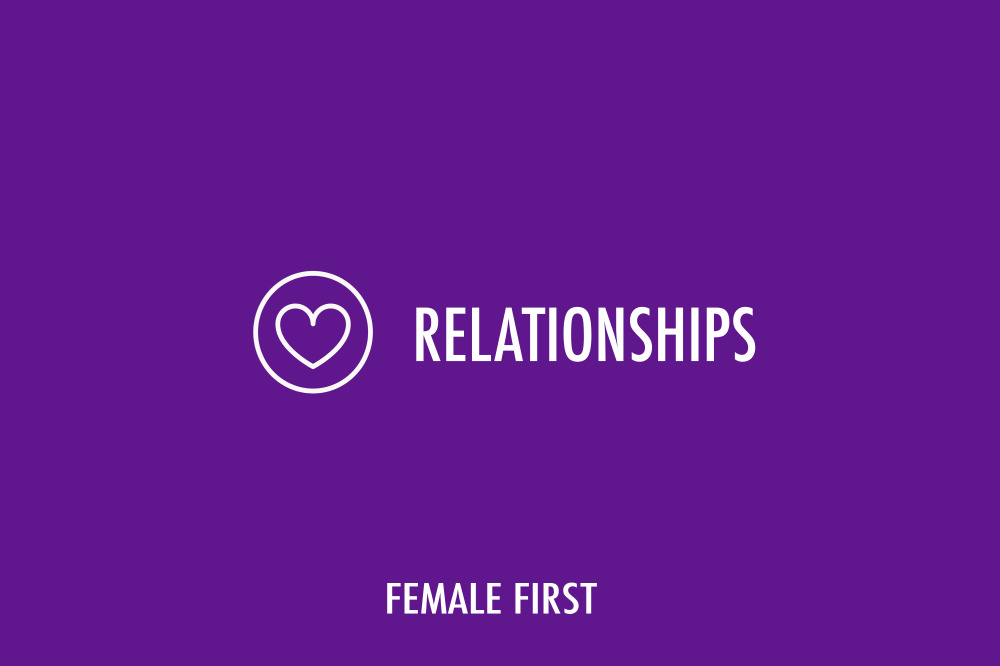Going into business with your partner has long been a point of contention. For some it is the best decision they have ever made, for others it is the worst.

Relationships on Female First
Paul Tanner runs a watch brand called Freedom to Exist with his partner, Kirsty. The couple met while creating products for Habitat before both joining Made.com as two of their earliest employees. That knowledge and experience, combined with a love of classic detailing that make vintage watches truly timeless, inspired them to found FTE. Together they have created an exquisite and affordable product that tells the time, nothing more and nothing less.
Paul believes their success as an entrepreneurial couple can be attributed to having the same vision for their company, understanding which roles they are suited to and knowing how to separate work from recreational hours, so he tells us about their tricks for keeping that work-life balance when you work with a loved one.
Post-it notes! Our fridge is full of them. We usually work quite digitally, but when we’re in the same room together, we find it really useful to have 3 columns for tasks of the day in priority. We have them split by: “Paul”, “Kirsty”, and “Paul and Kirsty”. Super satisfying checking each task off at a time!
Don’t step on each others toes. There are some areas of the business where we are 100% clear about who does what e.g. everything Visual, Brand and Design based is Kirsty, and everything Logistics, Operations, Website and Finance is Paul. It's important to clarify the grey areas; like how a change on the website affects the aesthetic of the brand.
Work/Life balance. The great thing about running a company together and living together is there is always someone to talk to about an idea or issue. You get maximum working hours...on the negative side it's extremely hard to turn off and not talk “shop”! We try to make an effort and do non-work tasks together like exercise or if we go away for a weekend; turning your email notifications off (easier said than done).
Tried and Tested. We’ve actually worked together before, at different times in our careers; first at Habitat and then later for Made.com; so we we’re already pretty used to each others working styles and strengths….and weaknesses!
Designated workspace. We have full times jobs and quite a small central London flat. But we try to keep work within the spareroom/office.
Give yourself a pat on the back! Don’t forget to reward yourself and celebrate success; be it a big project, retail order or when the company makes a leap to the next level.
Make sure you want to achieve the same long term goals from the business and your views are aligned to the brand. Is it all about quick profit and short term gains, or is it about creating a lifestyle brand more slowly, that you will run for many years? During tough times, try to remember why you first started the project and the excitement and enthusiasm behind it.
Try to treat each other professionally. When you work with your partner there are not so many “polite parameters” that you may have with colleagues in a standard workplace. The great thing is you know how each other's minds work and sometimes don't need to say anything as you're both thinking the same thing. But also in contrast you know how to push each other's buttons if you disagree.
Patience - Considering point 8. It’s important to recognise how invested both of you are, be it emotionally, in energy and financially. Running your own company is super stressful at times so it's important to remember this is why not everyone does it (or can do it). It is a shared challenge.
The deciding vote. During our corporate experience, at the start of any important meetings it would be agreed “Who has the decision on this?” and a quick assessment would be made based upon the audience in the room and a decision maker selected. When there are only 2 of you, it is important to have a process for final decisions, so in a similar method to point 2, it is important to clarify different aspects of the business that you are responsible for, so that when you disagree (and you will), it is clear who has the final decision, and you can move on.
tagged in Relationship
